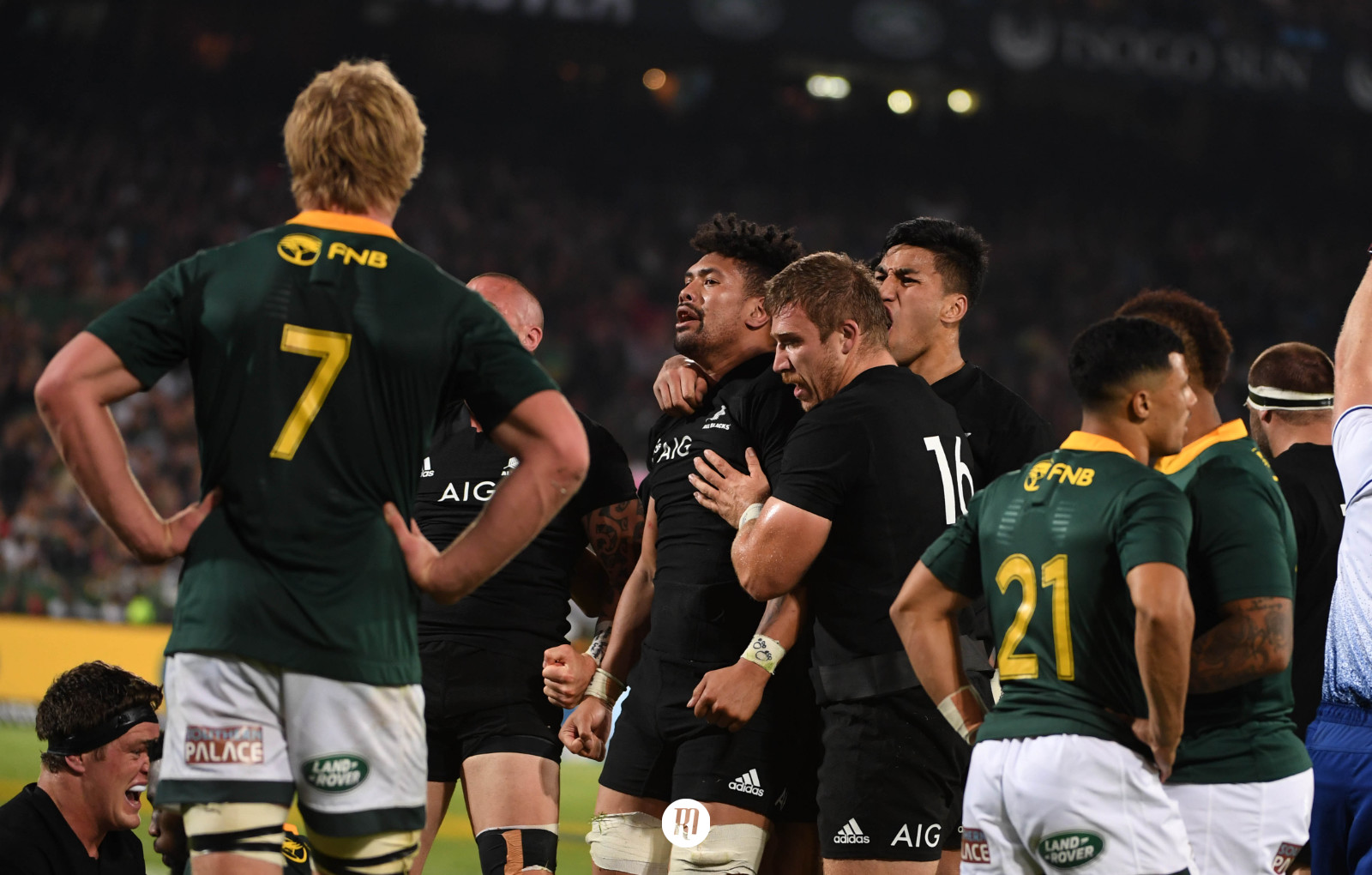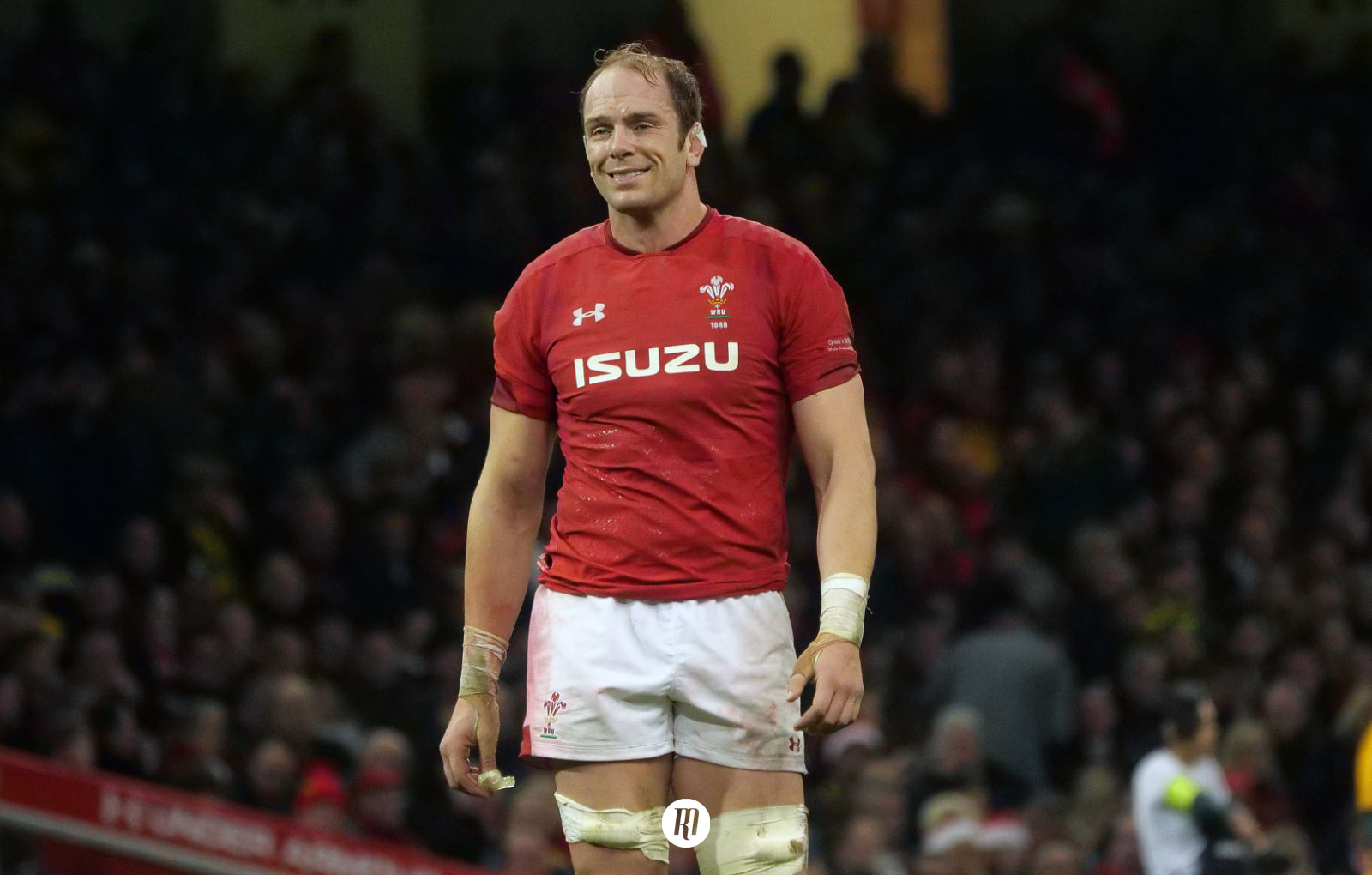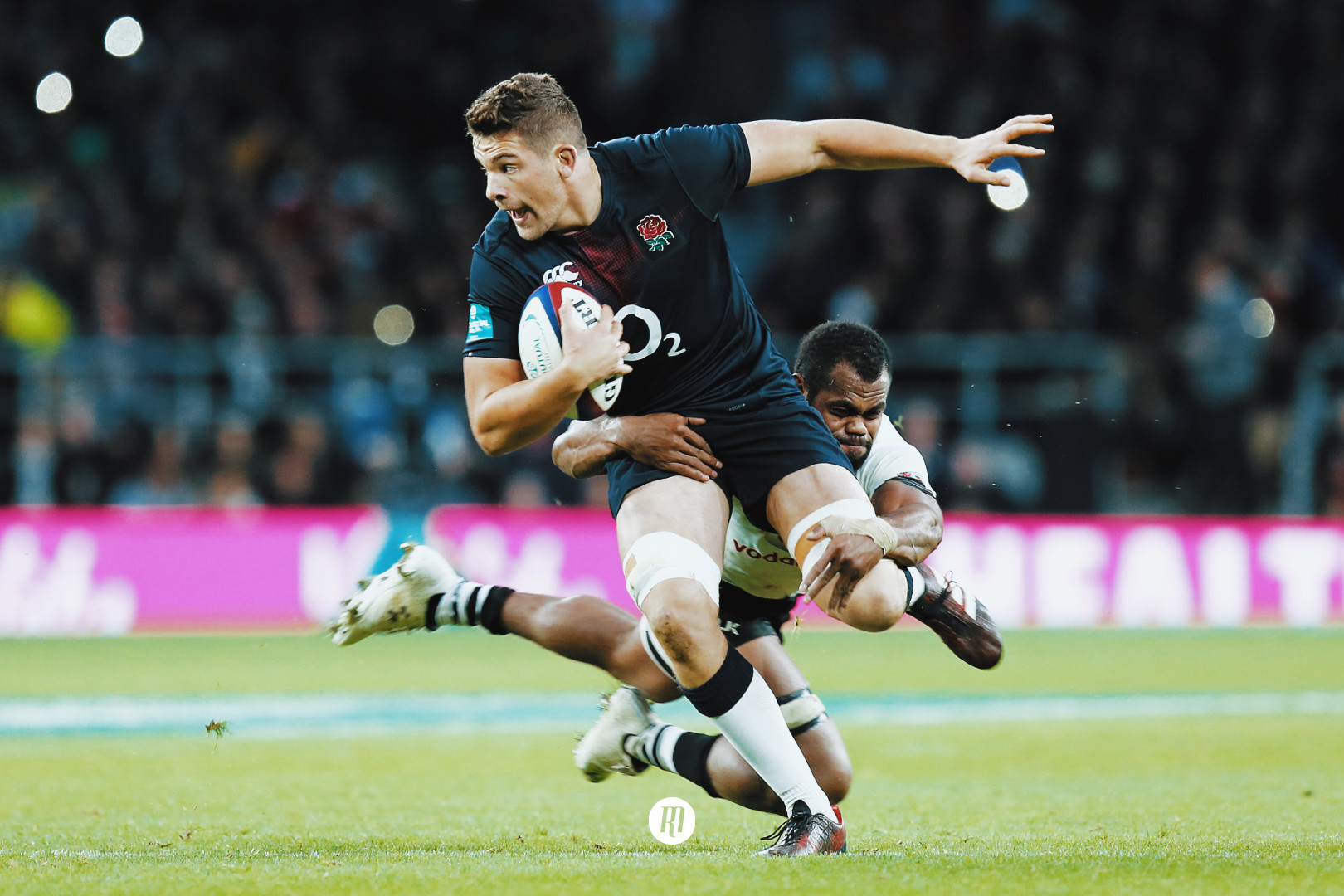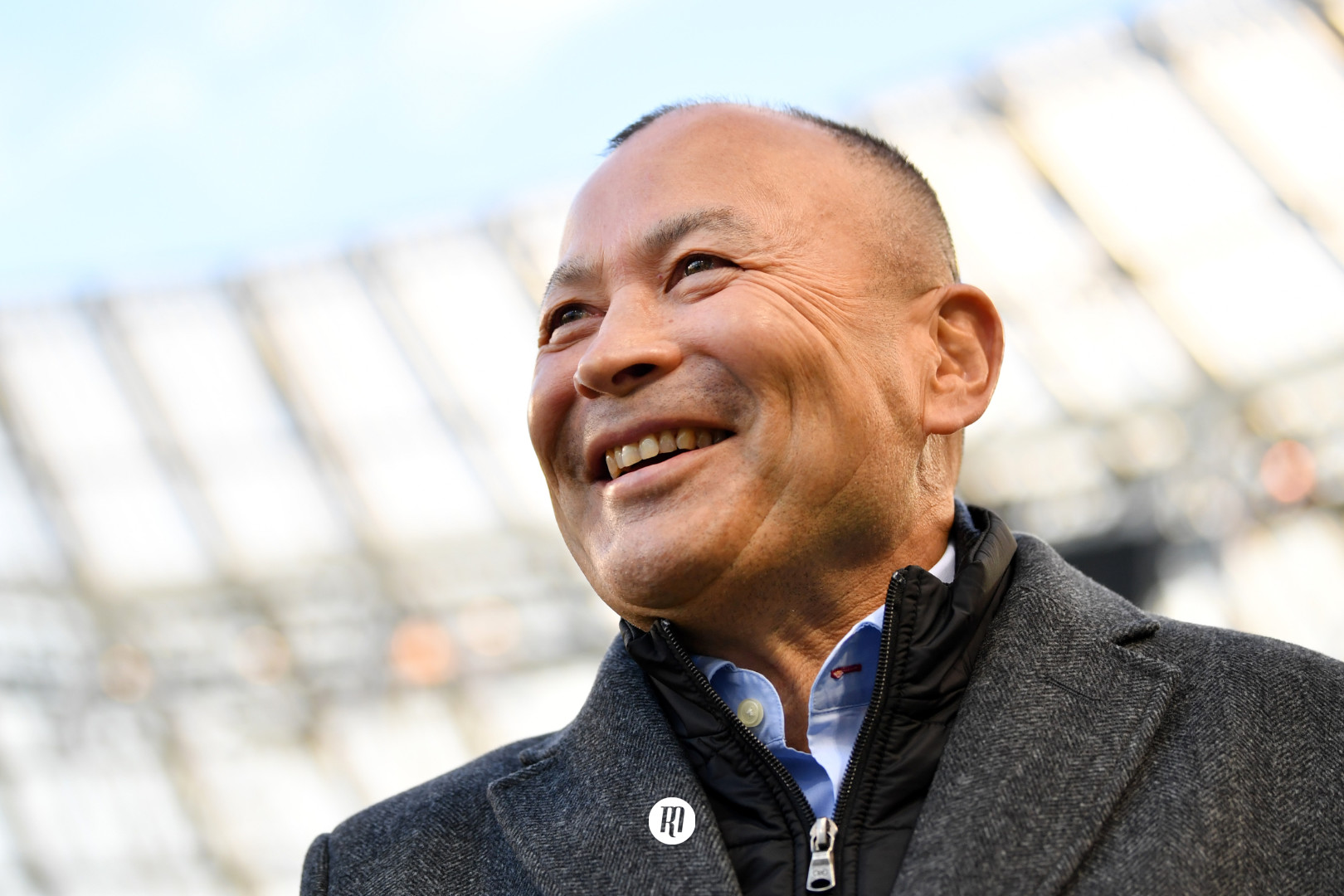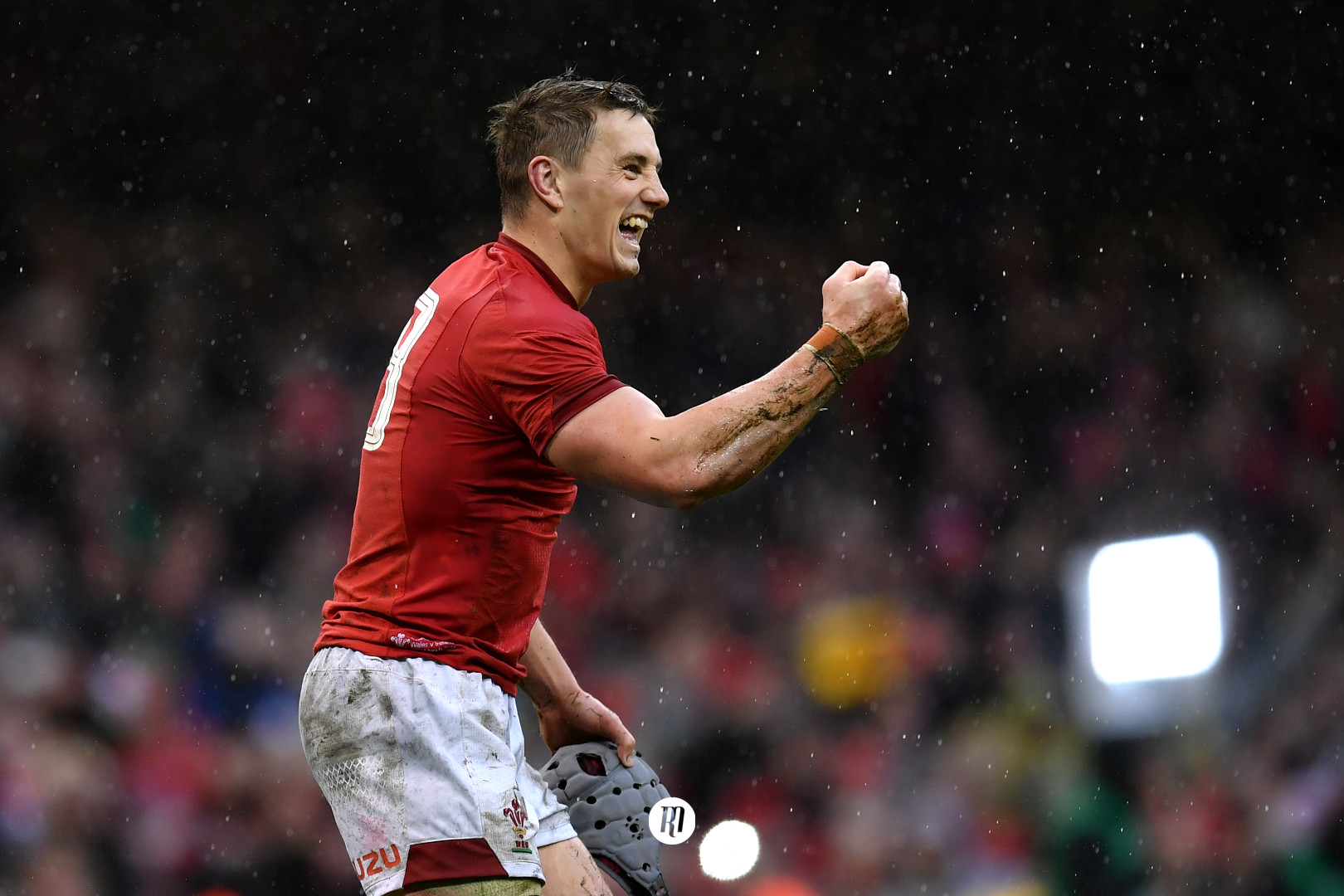Could rivals’ eleventh-hour tinkering hand Wales, Ireland and South Africa early World Cup advantage?
A curious edge has been borne upon the final stages of the 2019 Rugby World cup run-in, with half of the teams looking most likely to vie for a World Cup final undertaking eleventh-hour tinkering to their first-choice sides. With such changes, have Wales, Ireland and South Africa been handed an early advantage before a single team has stepped foot in Japan?
The maddening gush of sporting clichés fans are subjected to in the lead-up to major tournaments when all they really crave is specific tactical or selection calls are, naturally, in full flow this summer as the ninth Rugby World Cup looms ever closer. In the media you’ll hear “taking each week as it comes” and “we’ve had a great prep period.” Behind closed doors you’re more likely to hear a barking order of “consistency, boys” from Eddie Jones or a dry “control the controllables, lads” from Joe Schmidt. The underlying message in words said in conference and squad-meeting rooms alike is that preparation is everything.
Of course, this is hardly ground-breaking journalism. We’ve heard the stories of Jonny Wilkinson kicking enough times in a single day to separate any regular man’s leg from his torso, and for those that haven’t been following Aaron Smith’s training exploits on social media over the years, it’s much the same for the New Zealander and his trusty right arm. Consistency and preparation, in repetition, means everything in sport, just as it does for any major test in life. How well I remember days at a time spent quizzing and re-quizzing my course mates about the nerve innovations, muscle attachments and bone landmarks ahead of my final University exams in the mouldy front room of a fellow student’s house in Bristol.
This need, this unrelenting demand for repetition and perfection for those hoping to reach the apex of their sport is a crucial aspect that seems to be being risked by half of the World Cup’s leading teams.
Newest in the headlines is the latest backrow combination for the All Blacks. After Steve Hansen was quoted earlier in the year as saying “there’s no chance of Sammy [Cane] and Ardie [Savea] playing at six and seven,” the openside duo are indeed doing just that this weekend as the All Blacks hunt for a settled backrow; something they have struggled with since Jerome Kaino retired from Test rugby to join Toulouse. The continued testing of the Richie Mo’unga-Beauden Barrett combination is another recipe freshly thrown into the mix.
Next we see Australia’s midfield tinkering, in which Michael Cheika seems unable to decide between Christian Leali’ifano and Bernard Foley at fly-half, or Samu Kerevi, Tevita Kirundrani, Matt Toomua and James O’Connor in the centres. Selection calls at hooker and tighthead seem equally as muddled.
Talking of muddled, there are few better words to describe Eddie Jones’s policy at scrum-half after dropping once stalwart scrum-half Danny Care for a number of uncapped options, only to hand Dan Robson and Ben Spencer less than 30-minutes of Test rugby apiece and bring in uncapped Gloucester halfback Willi Heinz in the eleventh hour.
While to a much lesser degree, Scotland head coach Gregor Townsend is also yet to show his hand at scrum-half, with a selection call between former captain, kicker and managerial general Greig Laidlaw and livewire Glasgow man Ali Price. Deciding on which of the two contrasting nines will strike the finest balance with bewitching star fly-half Finn Russell is arguably more influential than any of the aforementioned dilemmas, pipped perhaps by only Australia’s fly-half conundrum.
Steve Hansen’s backrow call is potentially the least concerning, owing mostly to the fact that the All Blacks, ordinarily, don’t crack. But, the back-to-back World champions are perhaps in their least dominant chapter of the decade.
Depending on how swiftly these issues linger within Hansen, Jones, Cheika and Townsend’s squads, Ireland, Wales and South Africa are heading to the World Cup with a small, but substantial step up before the first whistle of the tournament has been blown.
Wales will take little issue with Australia’s dearth of continuity in influential positions from 10-13 and at fullback with Kurtley Beale’s very recent move two games ago following Folau’s prolonged exit. Coming off the back of a convincing Six Nations Grand Slam and on course to equal the 18-game winning record set by both New Zealand and England, if they win all four of their warm up games, Warren Gatland’s ensemble is probably the most settled of the top eight sides most likely to compete for a spot in the final, followed closely by the Irish.
Wales’ experience of making it to the semi-finals after a startlingly unlucky injury run in 2015, last season’s form and a summer spent fitter than ever - if you believe the yearly claim - put them in prime position to exploit an out-of-sorts Australia in the group stages and one of England, Argentina or France in the first knockout stage.
Ireland, meanwhile, are mostly settled, having recently found a promising balance in the centres with big Auckland-born inside centre Bundee Aki and Gary Ringrose. A raft of injuries at openside are testing their flanking depths, with those contending for the role of Sean O’Brien’s permanent replacement looking to erase the final question mark hovering above Joe Schmidt’s side.
After what will have been a thoroughly disappointing third place finish, by Schmidt’s standards, in the 2019 Six Nations the men in green are not short on emotion to fuel their crusade to the top of Pool A; aspiring to barge past Scotland and hosts Japan in the process.
Under Rassie Erasmus, South Africa seems to have fallen in love with rugby again, leaving the dark days of the Allister Coetzee era and their lowest placing in World Rugby’s ranking history in the rear-view mirror. The Springboks’ first ever black captain, Siya Kolisi, is set to make his return from a long injury layoff in the Currie Cup this weekend and will only go to boost the already impressive performances in an undefeated Rugby Championship campaign to date; beating Australia on home soil and drawing with New Zealand in Wellington.
Any quietly harboured hopes of South Africa topping Pool B in Japan when paired with the All Blacks can now be uttered at normal speaking volume. Alongside the hope to be taken from a draw against the All Blacks on New Zealand turf, a feat in itself, and the fires rekindled by Erasmus burning brightly again in South Africa, one could argue they head into the pool stages on level footing with their fiercest rivals.
New Zealand, England, Australia and Scotland will have to settle on their various selectorial headaches and convince with stunning performances to dash the advantage Wales, Ireland and South Africa currently boast. Outside of further injuries to key players during the next fortnight of warm-up matches, the latter trio sit in a healthy position to transverse the rigorous challenges of a World Cup campaign.
But of course, there is still plenty of time for things to go very right or very wrong for any of the top ten sides as the clock runs down as they are beared ever closer to Japan.

Filed under:
International, Rugby World Cup, Australia, England, Ireland, New Zealand, Scotland, South Africa, Wales
Written by: Alistair Stokes
Follow: @alistokesrugby · @therugbymag
